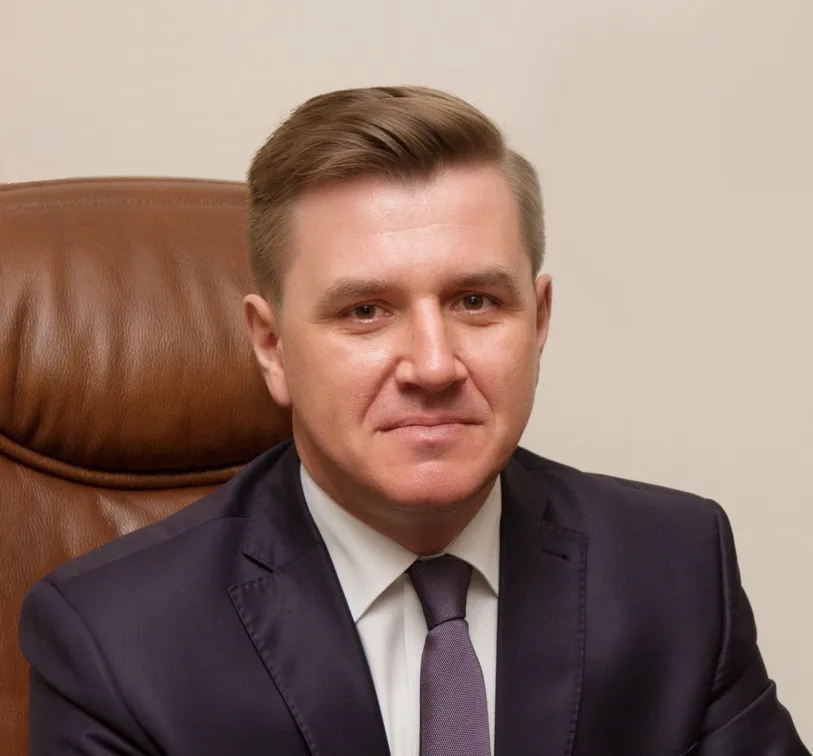Nestor the AI Tutor: A Regional Breakthrough in EdTech

Russia's first AI-powered academic advisor in Siberia offers round-the-clock educational guidance—backed by massive volumes of curated knowledge.
Young, Smart, and Ready to Help
Nestor, the AI-powered academic advisor developed at Kemerovo State Institute of Culture (KSIC), is already assisting both students and faculty across the Kemerovo region. Designed to provide instant, 24/7 academic support, the system is trained in subjects such as art history, cultural studies, and folk traditions.
Though currently operating with hundreds of terabytes of data, Nestor is expected to scale to hundreds of petabytes, ensuring both depth and responsiveness. Project lead Andrey Otinov shared that Nestor’s appearance has evolved over time: “He’s been 50, 35, and now looks like he’s 18 to 23. Seven neural networks power the system. It took extensive and meticulous development.”
KSIC plans to present Nestor internationally this fall at a forum in China focused on AI in teacher education for primary schools—a move aimed at attracting global attention to this regional innovation.

Local Innovation With Global Implications
Nestor draws inspiration from a beloved Soviet-era teacher character, Nestor Petrovich, whose mission was to uplift and educate. Likewise, this AI aims to empower learners by being constantly available and contextually intelligent. What’s remarkable is that this digital transformation didn’t emerge from a major capital city but from a regional institution. It’s proof that universities outside of Russia’s core urban centers can not only participate in, but help lead, the country’s EdTech shift.
KSIC is already benefiting from Nestor’s influence, enhancing its reputation and attracting new students and partners. Nestor also reflects a broader strategic need in Russia: to create scalable, region-ready digital learning solutions that bridge educational logistics across vast, often remote territories.
From Regional Tool to National Platform
If Nestor proves to be effective, it could be deployed in other universities, particularly those located in underserved or hard-to-reach areas. Scalability is not just geographic—it includes added functionalities like automated testing, online course support, and subject-specific or multilingual adaptation
Future development could include integration with existing Learning Management Systems (LMS), voice and multimodal interfaces, and the creation of a shared AI platform across multiple institutions. Such a system would not only support students, but also educators, enabling the growth of a comprehensive regional academic ecosystem powered by AI.

Part of a Broader Trend
Nestor is part of a growing ecosystem of educational bots in Russia. For instance, the platform Gramota.ru offers an AI assistant for language learning, while universities in Moscow and St. Petersburg have implemented chatbots for freshman onboarding. Commercial EdTech platforms like Yandex.School and Yandex.Textbook already use AI components. Internationally, U.S. platforms like Coursera and edX also rely on automated tools for course delivery and feedback. Even lifestyle apps like Replika build AI companions to support well-being.
The integration of AI in education is no longer experimental—it’s becoming foundational. Nestor fits right into this trend, offering a localized yet forward-looking contribution to the AI-driven learning landscape.

A Symbol of Regional Digital Ambition
At its core, Nestor isn’t just an academic assistant—it’s a symbol of the digital leap taken by a region often considered peripheral in national education policy. This project shows that even institutions with limited resources can become digital pioneers. Its success will depend on the quality of its responses, the intuitiveness of its interface, and the willingness of educators and students to adopt new tools. Constant user feedback and iteration will be crucial.
If proven successful, Nestor could be scaled into a broader platform—'Nestor-KSU'—designed to support students and teachers across all cultural and pedagogical universities in Russia. What began in Kuzbass might very well influence EdTech strategies well beyond Russia’s borders.










































